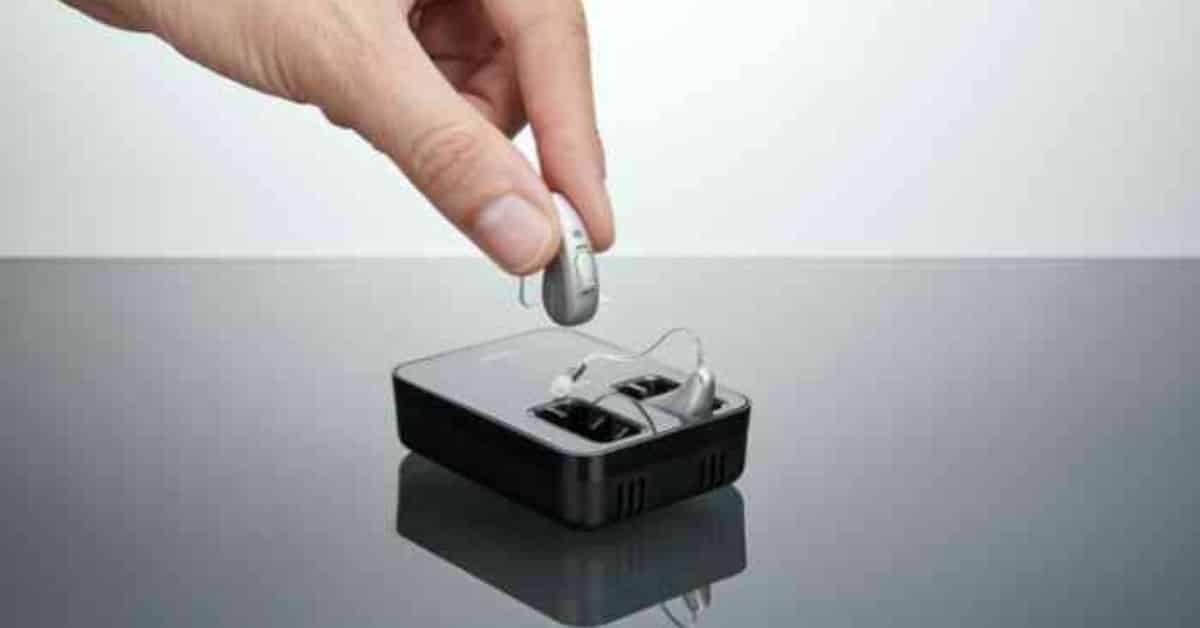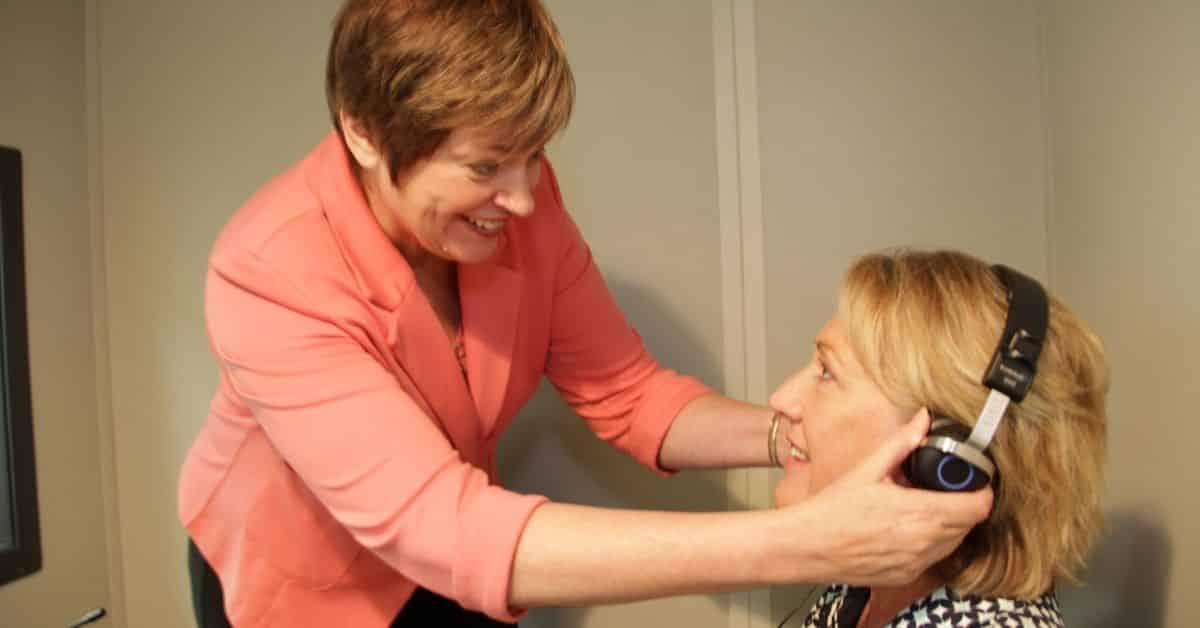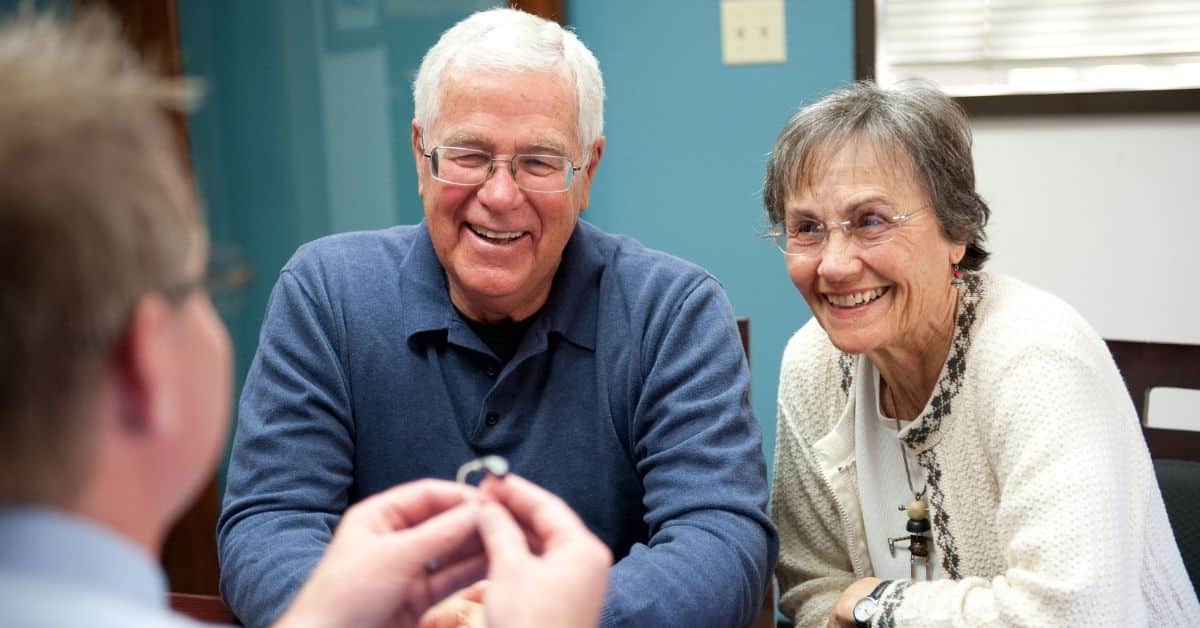The average American struggles five years with untreated hearing loss before getting the help he or she needs. That’s because people often do not know WHO to turn to for help. They may become overloaded with information about hearing aids which makes it confusing on how to approach their hearing care. Ultimately, they hesitate to do anything about their hearing loss because they do not know WHO to trust.
The first step in making a wise investment in your hearing care is to admit you may have a hearing problem. The second step is to have a thorough hearing test.
In California, Licensed Hearing Aid Dispensers test hearing…
…for the purpose of fitting hearing aids. This testing is not considered a medical evaluation. Should your case history or your hearing test indicate a medical problem, you would immediately be referred to a doctor for medical attention. The hearing test is usually done as a complimentary service with no charge to the client. Hearing aids are typically fit through a “retail model” of dispensing.
Audiologists, on the other hand, are extensively trained for diagnostic testing.
Many but not all audiologists hold two licenses – one for diagnostic testing and the other for the fitting of hearing aids. The price of this testing ranges from $85-$295, and hearing aids are usually fit through a “medical model” of dispensing. Most Medicare insurance plans pay for a hearing evaluation.
Whether you choose to work with an audiologist or a licensed hearing aid dispenser, (I’ll refer to them both as Hearing Healthcare Providers), the success of your hearing care requires four essential ingredients:
- A motivated and informed client – that’s you!
- The right hearing aid technology
- A competent and caring provider
- Supportive family
If one of these ingredients is missing, it compromises your hearing care and therefore, your success in using hearing aids. Let’s review each of these critical ingredients so that you can be informed!
1) A Motivated and Informed Client
No matter what type of hearing loss you have, you have to want to hear better and therefore, be willing to go through an adjustment period. Learning to hear through amplification takes time. For most, this period lasts four to six weeks but can take up to several months for some people. Your attitude and willingness make a tremendous difference in how well you’ll adjust to hearing instruments. Learn all you can about hearing loss BUT most important of all, learn about your own unique hearing loss. No two people or hearing losses are the same. Talk to a friend you trust who likes their hearing aids and ask them to recommend a Hearing Healthcare Provider. It’s a good rule of thumb to get at least two opinions before you invest in your hearing care. (Note that I did not say to buy hearing aids.)
2) The Right Hearing Aid Technology
Selecting the right hearing aid circuit for your hearing loss is crucial. In the past, too many people have been fit with hearing aids that were NOT matched to their loss or lifestyle, making everything louder but not necessarily clearer. Selecting the right technology requires that a professional consider your unique hearing loss, your lifestyle requirements and your budget. If a provider spends less than thirty minutes before they try to sell you hearing aids, you’re in the wrong place. That provider has NOT taken the time to do a thorough hearing test or gather the information needed to recommend the right technology for you. Unfortunately, this happens regularly in both the retail and medical models of hearing aid fitting. If this happens to you, get another opinion.
3) Competent and Caring Provider
The person who fits you with hearing instruments must be competent in two areas: people skills and technical knowledge. It is important that the provider understands your problems and takes the time to get to know you and your needs. Be sure you feel comfortable with the provider since you will be working closely with them. The provider must also demonstrate a high degree of technical expertise during the testing and follow-up care. When you come in with a legitimate complaint about your new fitting, you want to feel confident that the provider will not only want to help you but also know what to do to improve the fitting. A successful fitting actually begins after the delivery of new hearing instruments.
Talking about providers, many people believe that they have to stay within their HMO when being fitted with hearing aids. More than eighty percent of people do not have a hearing aid benefit. Therefore, you have the freedom to choose who you work with. Get at least two opinions.
4) Supportive Family
Hearing loss affects everyone in the family. That’s why it’s important for a family member to be present during the hearing test and some of the follow-up visits. The more informed your loved ones are, the more successful you will be in wearing hearing aids. The most motivated client fit with the best technology by an extremely competent and caring hearing healthcare provider can fail miserably IF they do not have a supportive and informed family.
Next week, you will receive some helpful tips on how to choose the right hearing care provider for you! I will share the 10 questions to ask yourself which will guide you in determining if you are working with a competent and caring provider.
In the meantime, if you, or someone you know, is struggling with their hearing or hearing aids, would you please call and schedule a complimentary appointment with Avalon. I’ll personally make sure that you will be cared for by one of Avalon’s competent and caring hearing care providers.

P.S. If you are already a part of the Avalon Family, would you please be so kind and send this email to someone struggling with their hearing? They just may need a competent yet caring hearing care provider to adopt them and help them hear the best they can for life. 😊





